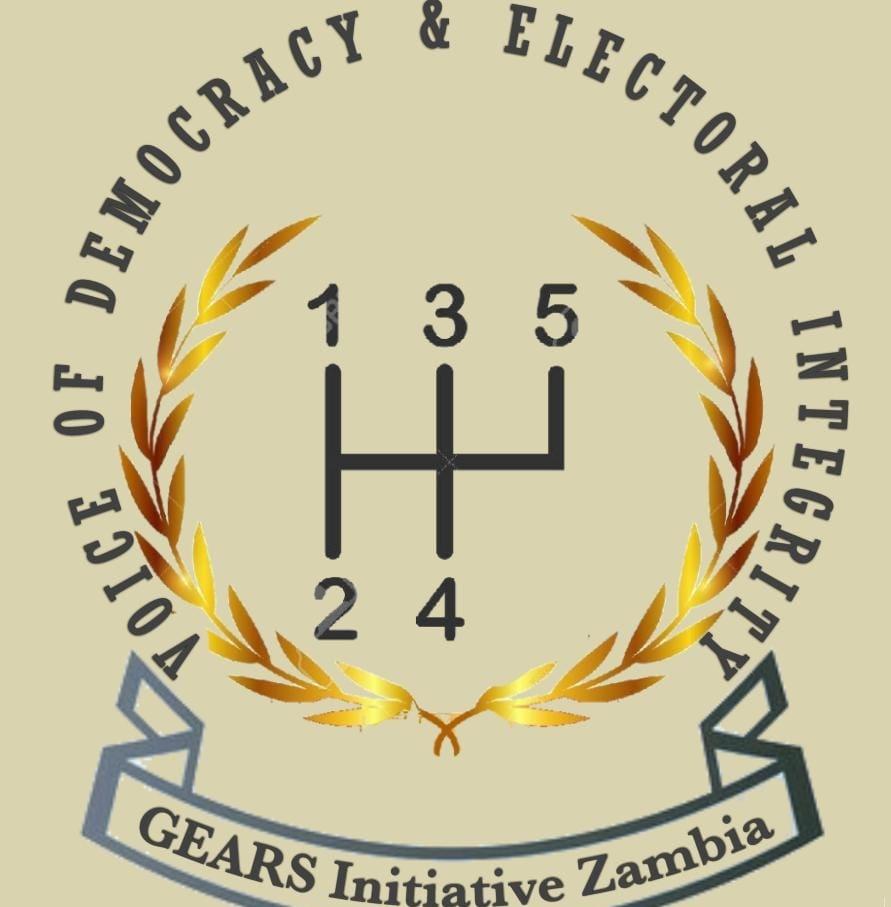Zambia tipped to fulfil its promises
… Musonda says though government has made some progress in the recent past, a lot need to be done in the area of Constitutional and legal reforms.

By Francis Maingaila
Lusaka (10-02-2023-Zambia24) – The Civil Society Organisations (CSOs) gathered at the Lusaka hotel to review recommendations and commitments the Zambian government made to concerns raised at the just-ended Universal Peer Review (UPR) held on 30th January 30, 2023.
GEARS programs manager Gideon Musonda told journalists during the review meeting that though progress has been made to achieve its objectives, Zambia still has a long way to go in the area of Constitutional and legal reforms.
He disclosed that recently Minister justice Mulambo Haimbe went to Geneva to respond to the recommendation that was made in 2017 and made fresh undertaking to address issues Zambia has not performed well in the recent past.
He said t,, , he government promises to ensure that all undertakings will be fulfilled to the satisfaction of the people.
He urged the government to begin arrangements to convene a referendum to enact the expanded bill of rights between 2023 and 2024.
He said his GEARS welcomes the move to attach a timeframe upon which to enact the Access of Information Bill into law.
He called on stakeholders to support the government in its quest to rise resources to complete the constitution-making process.
He noted with gratitude the government’s intention to review problematic laws including the PoA which is yet to be presented to parliament
He said the law in its current form is being used against the opposition by some overzealous police officers as was observed in the recent arrest of Chishimba Kambwili over the illegal gathering which took place at his residence where offensive words likely to provoke facial hatred were made.
He urged the government to speed up the process of reviewing old and problematic laws when Parliament resume sitting in the next coming few days.
Musonda explained that the recommendations include areas of freedom of assembly, association, and the Public Order Act which imposed restrictions on the operations of Civil Society organizations (CSos) and the media, and other interest groups including political parties.
He explained that soon the CSOs will begin to demand the government to fulfill the promises that were made to the member state during the UPR.
He explained that some undertaking the government has proposed include a review of some legislation to support the claims.
He explained that some of the areas of concern from member states which affect Zambia were the reform of the PoA and the conduct of the police to enforce the statute.
He said the United States of America (USA) recommended Zambia engage the CSOs and the media to dialogue the Access to Information Bill, governance issues, and ensure respect to the peaceful assembly to protect the rights of the people.
He said Guatemala recommended Zambia maintain only legislations and practices, that provide an enabling environment that guarantees freedom of expression and peaceful assembly.
He said Ireland not only recommended improving and making clear the legislation to support the freedom of assembly and ensure that laws that seat of this law are removed from the books of statutes but also urged Zambia to make the necessary legislative changes including restricting the scope of the PoA, ensure free assembly and Association.
He said Canada also wants not only reforms to the PoA to include measures that fully uphold the rights to freedom of assembly but also to have media freedom and respect for the independent editorial policies and ensure there is legislation that promotes the need to free the media.
Paraguay advised Zambia to make efforts to ensure access to information, assembly, and association
France advised Zambia to respect the rights of the opposition, and the media and the need to deal with the Constitution
Sweden recommended that Zambia undertake law reforms that guarantee effective protection of the right to assembly Association. This includes enacting the expanded bill of rights without delay.
“The Netherlands further recommended Zambia to comply with the obligation under the international law to allow human rights, the media to carry out its work without any interference,”
As a measure to address concerns and recommendations raised by member states Musonda said, the government of Zambia indicated that the process of developing the access to Information Bill into law which will enhance the rights of the people to know is in the course.
He said the government of Zambia told reviewing states that the government is in the process of reviewing the penal code and promised to review the defamation of the president’s lawyer to comply with international standards.
He indicated that the government not only promised to uphold the independence of the media per the provisions of the Independent Broadcast Authority (IBA) but promised to commence reviewing the independence and autonomy of the IBA and defend the human rights defenders and CSOs and the media. Also indicated that there is legislation being developed to support the course.
He said the government promised to uphold constitutional provisions for the freedom of peaceful assembly and association.
He said the government promised to commence the process of reviewing the PoA to guarantee the purpose. It is equally in the process of developing the access of information bill into law as promised in the 8th National Development plan where the government to make necessary adjustments to the constitution also amended the electoral act to facilitate the right for prisoners to vote.
He said the government also is facilitating political dialogue with the help of the Zambia Centre for Interparty Dialogue (ZCID) to end the tension in the political world.
